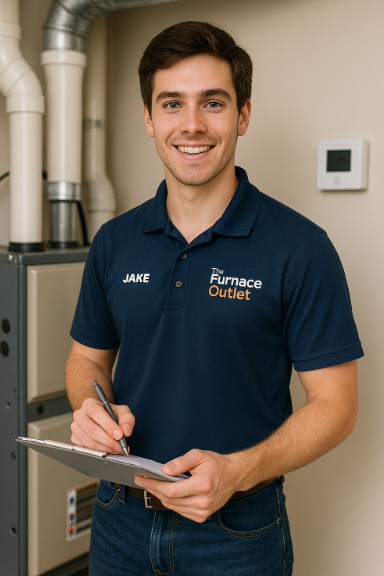Hey folks, Jake Lawson here. Today, I want to break down the ins and outs of the puron air conditioner unit—or puron AC unit, as many call it. If you’re shopping for a new system or just curious about what makes Puron so popular, this guide will help you understand why it’s become the gold standard for cooling across America.
Let’s start with the basics.
What Exactly Is a Puron AC Unit?
When people say Puron, they’re really referring to the refrigerant inside the unit—specifically R-410A, a blend designed to replace the older R-22 refrigerant. Puron’s big claim to fame? It’s ozone-friendly and much better for the environment than R-22, which has been phased out in recent years because of its ozone depletion potential.
Puron refrigerant doesn’t just protect the planet—it also helps your AC unit run more efficiently and reliably. You can check out the EPA’s take on refrigerant alternatives to get a better sense of why Puron is the preferred choice these days.
Why Puron Air Conditioner Units Are the Standard Now
Since the phaseout of R-22 refrigerant, puron AC units have become the industry standard for new air conditioners. That’s because R-410A operates at a higher pressure, which improves cooling efficiency and allows units to meet higher SEER ratings.
If you want to dive deeper into how Puron stacks up against older refrigerants, this comparison by Heating and Cooling USA is a great resource. It walks you through the efficiency benefits and environmental impact in plain language.
What You Need to Know About Servicing Puron Units
Here’s the thing: Puron’s higher operating pressure means not just any technician can service your system safely. The tools and expertise required differ from older units that used R-22 refrigerant. You want to make sure your technician is certified and trained to handle R-410A systems.
For example, improper handling can damage your unit or void warranties. Learn more about the safe handling and maintenance practices from this detailed guide on adding R-410A refrigerant so you’re always informed about what your system needs.
Environmental Impact and the Future of Refrigerants
While Puron (R-410A) is much better than its predecessor, it’s not the final word on eco-friendly refrigerants. The HVAC industry is already moving towards newer, lower-global-warming-potential options like R-454B, also known as Puron Advance.
If you want to stay ahead, understanding these trends can be crucial, especially when planning your next HVAC upgrade. This overview on refrigerant trends explains what’s coming and how it might impact your system’s longevity and environmental footprint.
The Real-World Benefits of a Puron AC Unit
From my experience, homeowners notice a few immediate benefits when upgrading to a puron air conditioner unit:
-
Quieter operation thanks to improved compressor technology
-
Better energy efficiency, resulting in lower utility bills
-
Cleaner cooling with less environmental risk
-
Longer system life if properly maintained
You can see how these improvements stack up in actual user experiences and manufacturer reports like this Carrier Puron benefits breakdown.
Pairing Puron Refrigerant With Today’s Best Systems
If you want a reliable system that uses Puron refrigerant, check out the Goodman 3 Ton 14.5 SEER2 R-32 bundle—a powerhouse combo that balances modern refrigerant technology with strong cooling and heating specs.
Because it uses R-32, which is compatible with Puron (R-410A) systems and is considered the next step forward, this bundle offers long-term peace of mind.
Final Thoughts from Jake Lawson
Whether you’re replacing an old system or building new, a puron AC unit remains a solid, future-friendly choice for efficient and eco-conscious cooling. Just remember: make sure your installer knows their stuff, follow maintenance best practices, and keep an eye on evolving refrigerant technologies.
Stay cool and energy-smart!
— Jake Lawson







